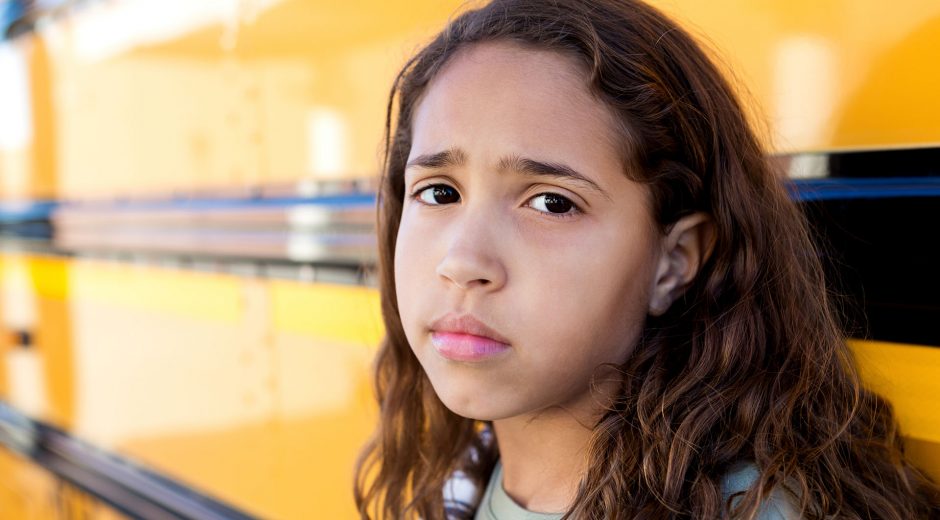“Vulnerability is our most accurate measurement of courage.” – Breńe Brown
Guilt vs. Shame
I had a conversation recently with a friend and we were discussing shame. I was telling her about the difference between guilt and shame. “Shame is telling someone that they are a bad person and they are inherently broken, where guilt means that person did a bad thing, but it does not mean that they are a bad person.” She disagreed with me and so we went back and forth over the topic. Even after I explained to her the difference, she still said, “Some people need to be shamed.”
Have you ever been to the site DogShaming.com? It’s very cute and has a myriad of pictures of dogs who have torn stuff up or eaten something and the owners post a sign on them saying what they did. It’s a pretty clever idea and if you love pets, then this site can be fun and entertaining. However, people are not animals and shouldn’t be treated like them. Telling a child they are bad can make them feel like they are worthless. And, the messages that we take on as children can stay with us our entire lives. “Guilt holds us back from harming others and encourages us to form relationships for the common good. When we feel guilty, we turn our gaze outward and seek strategies to reverse the harm we have done. When we feel ashamed, we turn our attention inward, focusing mainly on the emotions roiling within us and attending less to what is going on around us.” (Scientific American)
The Shame Cycle
There is another form of shame that we do to ourselves that can also hold us back or keep us trapped in a poor behavior pattern. I first heard of the shame cycle when going through therapy. I am the type of person who loves to have fun and when something is sad, I like to eat or spend money to “medicate” my feelings. However, often the two things I’m most upset about are my weight and my budget – so the very thing(s) I’m trying to stop doing, are the things that I enjoy doing the most – especially when I’m in emotional distress and pain.
So what is my point? The point is that shame is extremely unhealthy when you shame yourself or others. According to an article by Scientific American:
“We feel shame when we violate the social norms we believe in. At such moments we feel humiliated, exposed and small and are unable to look another person straight in the eye. We want to sink into the ground and disappear.
“Shame makes us direct our focus inward and view our entire self in a negative light. Feelings of guilt, in contrast, result from a concrete action for which we accept responsibility. Guilt causes us to focus our attention on the feelings of others.”
“Women are quicker to feel humiliated than men, and adolescents feel shame more intensely than adults do. As a result, women and adolescents are more susceptible to the negative effects of shame, such as low self-esteem and depression.”
Take a moment to watch the video below about shame and vulnerability and courage. As we learn more about ourselves and how we engage with the world, we can better navigate our path in life and lead others as well. As teachers and educators, at iteach, our goal is to make the world a better place through education and helping individuals leave their mark on the world around them.
“Shame is an unspoken epidemic, the secret behind many forms of broken behavior. Brené Brown, whose earlier talk on vulnerability became a viral hit, explores what can happen when people confront their shame head-on. Her own humor, humanity and vulnerability shine through every word.”
Be Courageous. Become a Teacher. Change Lives.
If you are passionate about impacting the world around you there are few places where you can influence the future as much as a teacher. Teachers have the ability to build students up and set them on a positive course that can have a ripple effect for future generations.
If you are interested in becoming a teacher, check out our online teacher certification process and you could be teaching in a matter of weeks.





